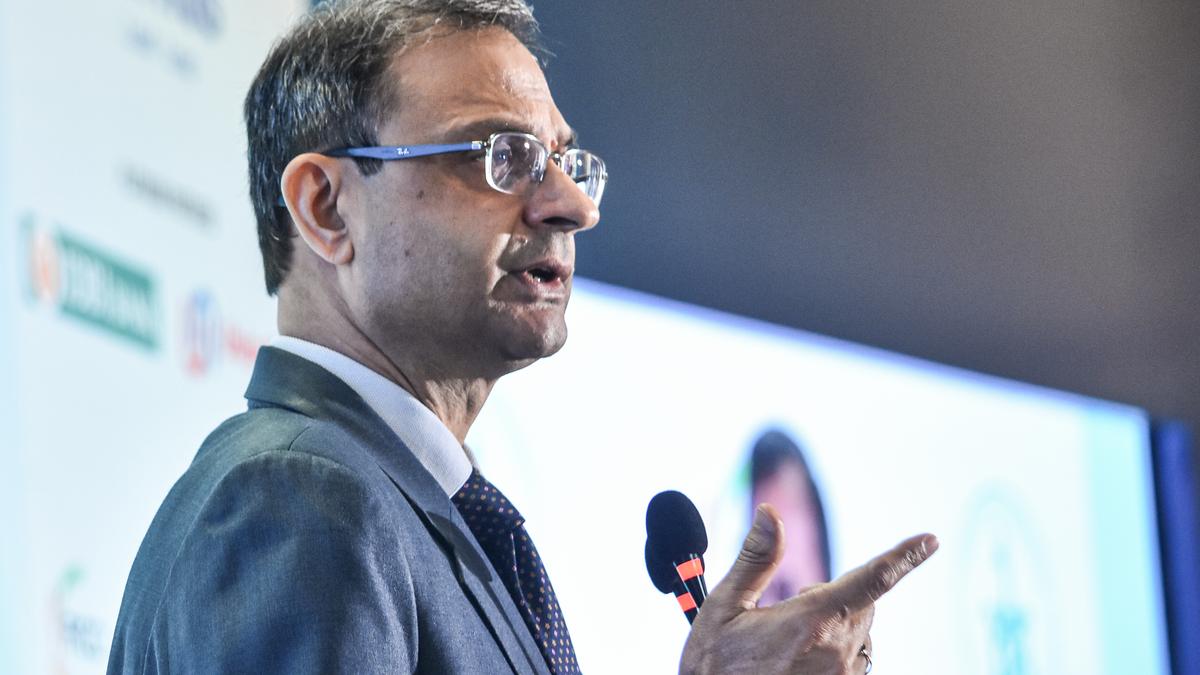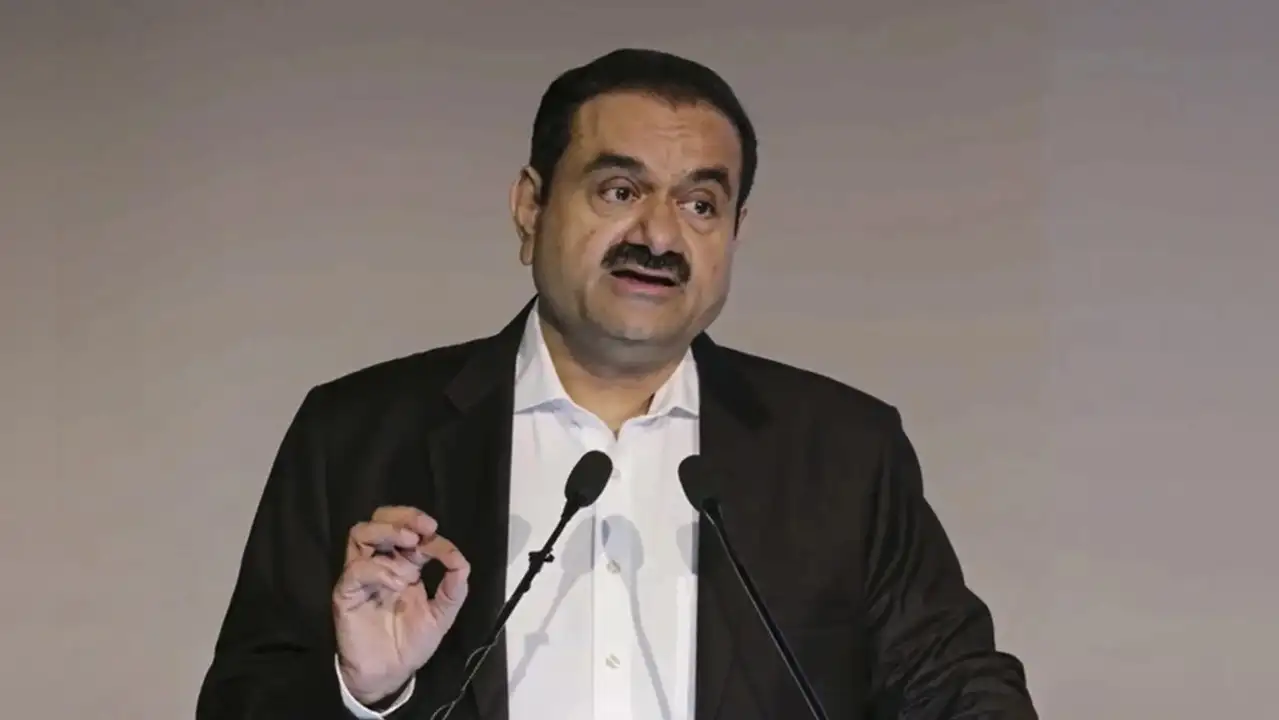By Bl Mumbai Bureau
Copyright thehindubusinessline

RBI Governor Sanjay Malhotra on Thursday emphasised the importance of States maintaining fiscal discipline for promoting economic growth and prosperity.
This observation comes at a time when the rationalisation of GST rates could have fiscal implications for the central and state governments, even as the uncertainty over negotiations on the steep tariffs on Indian goods imported into the US continues.
Quality of expenditure matters
Addressing the 35th Conference of the State Finance Secretaries in Mumbai, the Governor also stressed the need for the states to focus on improving the quality of expenditure and ensuring prudence in off-budget borrowings.
Malhotra also underscored the importance of active coordination between the states and the Reserve Bank for the effective implementation of various initiatives being undertaken in the areas of currency management, financial inclusion, and the Unified Lending Interface, among others.
Forecasted revenue impacts from GST Changes
The Conference, whose theme was ‘Journey towards Economic Prosperity through the Path of Fiscal Consolidation’, reviewed, inter alia, cash management and market borrowings by the states and issues relating to fiscal consolidation.
Based on the available information, ICRA assessed that the first-round revenue foregone to the Centre and state governments due to the GST rates rationalisation is likely to be moderate at ₹14,200 crore and ₹33,800 crore, respectively, in H2 FY2026.
“The latter reflects the likely downside to both SGST and central tax devolution (CTD). The revenue foregone may necessitate other revenue mobilisation or expenditure saving measures, although the second-round impact of enhanced consumption would provide some cushion.
“Notably, the revenue implications as a percentage of revenue receipts will not be uniform, and will vary across the states, based on the share of SGST and CTD within their total revenue pie,” the rating agency said.
Published on September 19, 2025



